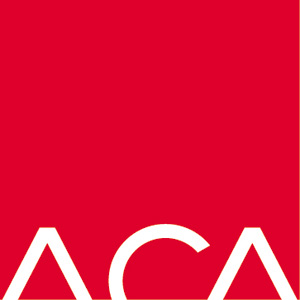Clerks Award Flexibility Extended
The temporary Schedule I in the Clerks Award, which allows for additional flexibility to assist employers and employees during the pandemic, has been extended to 30 June 2021.
On 28 March 2020, the Fair Work Commission (FWC) made a determination that inserted a temporary new Schedule I into the Clerks Award, which added extra flexibility to workplace arrangements to aid employers and employees trying to navigate the impact of the pandemic. Since then, Schedule I has been updated and extended several times, most recently to 30 June 2021.
The updated Schedule I applies to employees covered by the Clerks Award.
[Note that the changes to the Clerks Award don’t apply to employees who are covered by enterprise agreements]
Extended parts of Schedule I that apply until 30 June 2021
Requirements of a direction under Schedule I
From the first full pay period on or after 22 December 2020, any direction or request given by an employer under Schedule I has to be in writing and can’t be unreasonable. The employer also must agree to FWC arbitration in the case of a dispute.
Span of hours changes while working at home
Employees who have agreed with their employer to work remotely (at home or any other location) can also agree to change their span of hours to allow them to work between:
- 6am and 10pm, Monday to Friday
- 7am and 12.30pm, Saturday.
Hours of work for full-time and part-time employees
Under Schedule I, some employers have been able to temporarily reduce full-time and part-time employees’ ordinary hours of work for a specified period.
From the first full pay period on or after 1 July 2020, employers can only use these reduction in hours provisions if they were already in place before 30 June 2020. Other employers need to follow the normal rules about hours of work in the Clerks Award. See Hours of work, breaks and rosters for more information.
Employers who have already reduced their employees’ hours under Schedule I can continue to reduce the hours of work to not less than 75% of their full-time ordinary hours; or not less than 75% of their agreed part-time hours immediately prior to any reduction. This can be for the whole business or a section of the business.
If an employee has had their hours reduced, they may ask permission to find additional work with another employer. They may also request to access training, professional development and study leave. An employer can’t unreasonably refuse an employee’s request for find other work and must consider all reasonable requests for training, professional development or study leave.
Annual leave
Employers can request an employee takes annual leave under Schedule I if: the reasons are attributable to the COVID-19 pandemic to government initiatives to slow COVID transmission; it is to help the employer prevent or minimise loss of employment; the request is in writing; the employee’s personal situation is considered; the employee will still have at least 2 weeks’ accrued annual leave left; and the employer makes the request at least 72 hours before they want the employee’s annual leave to start.
The employee has to consider the request and can’t unreasonably refuse it.
If the employer agrees, an employee can take up to twice as much annual leave as they have accrued at a proportionally reduced rate.
Schedule I provisions that don’t apply after 30 June 2020
The following provisions did apply from 28 March to 30 June 2020, but have been removed from Schedule I and no longer apply.
- Changing an employee’s duties
- Dropping the minimum engagement for part-time and casual work from three to two hours
- Removing the close down provisions
See the Fair Work Ombudsman’s website for more detail about these changes.
